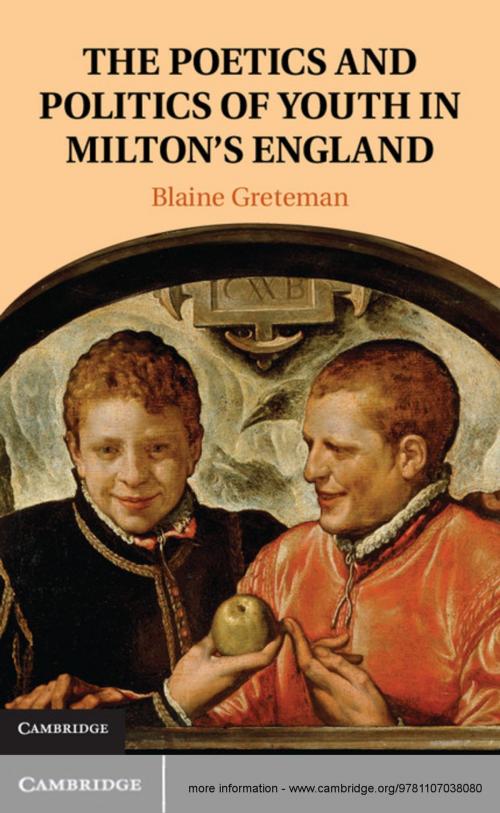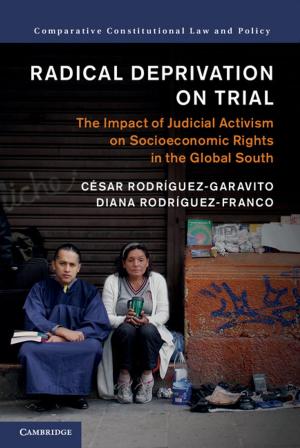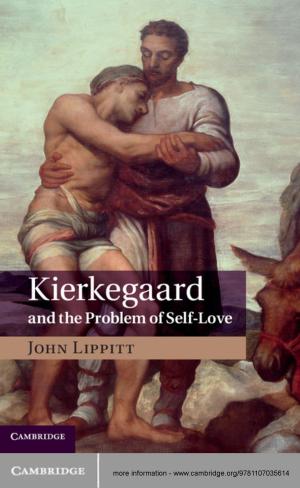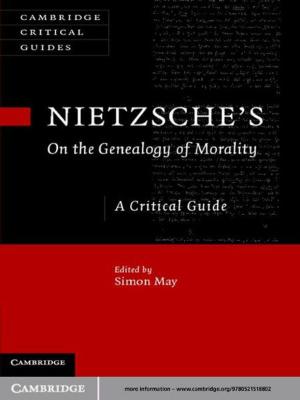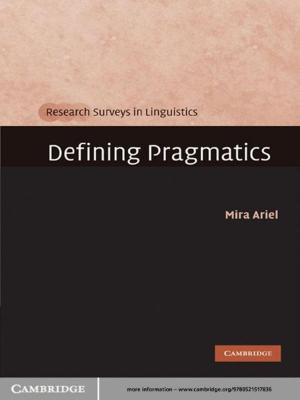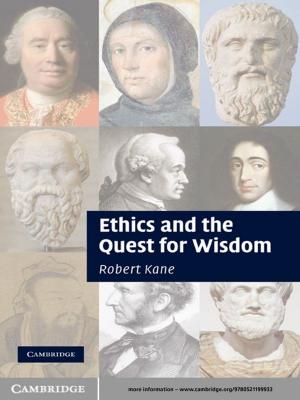The Poetics and Politics of Youth in Milton's England
Fiction & Literature, Literary Theory & Criticism, Ancient & Classical, British| Author: | Blaine Greteman | ISBN: | 9781107424647 |
| Publisher: | Cambridge University Press | Publication: | August 19, 2013 |
| Imprint: | Cambridge University Press | Language: | English |
| Author: | Blaine Greteman |
| ISBN: | 9781107424647 |
| Publisher: | Cambridge University Press |
| Publication: | August 19, 2013 |
| Imprint: | Cambridge University Press |
| Language: | English |
As the notion of government by consent took hold in early modern England, many authors used childhood and maturity to address contentious questions of political representation - about who has a voice and who can speak on his or her own behalf. For John Milton, Ben Jonson, William Prynne, Thomas Hobbes and others, the period between infancy and adulthood became a site of intense scrutiny, especially as they examined the role of a literary education in turning children into political actors. Drawing on new archival evidence, Blaine Greteman argues that coming of age in the seventeenth century was a uniquely political act. His study makes a compelling case for understanding childhood as a decisive factor in debates over consent, autonomy and political voice, and will offer graduate students and scholars a new perspective on the emergence of apolitical children's literature in the eighteenth century.
As the notion of government by consent took hold in early modern England, many authors used childhood and maturity to address contentious questions of political representation - about who has a voice and who can speak on his or her own behalf. For John Milton, Ben Jonson, William Prynne, Thomas Hobbes and others, the period between infancy and adulthood became a site of intense scrutiny, especially as they examined the role of a literary education in turning children into political actors. Drawing on new archival evidence, Blaine Greteman argues that coming of age in the seventeenth century was a uniquely political act. His study makes a compelling case for understanding childhood as a decisive factor in debates over consent, autonomy and political voice, and will offer graduate students and scholars a new perspective on the emergence of apolitical children's literature in the eighteenth century.
